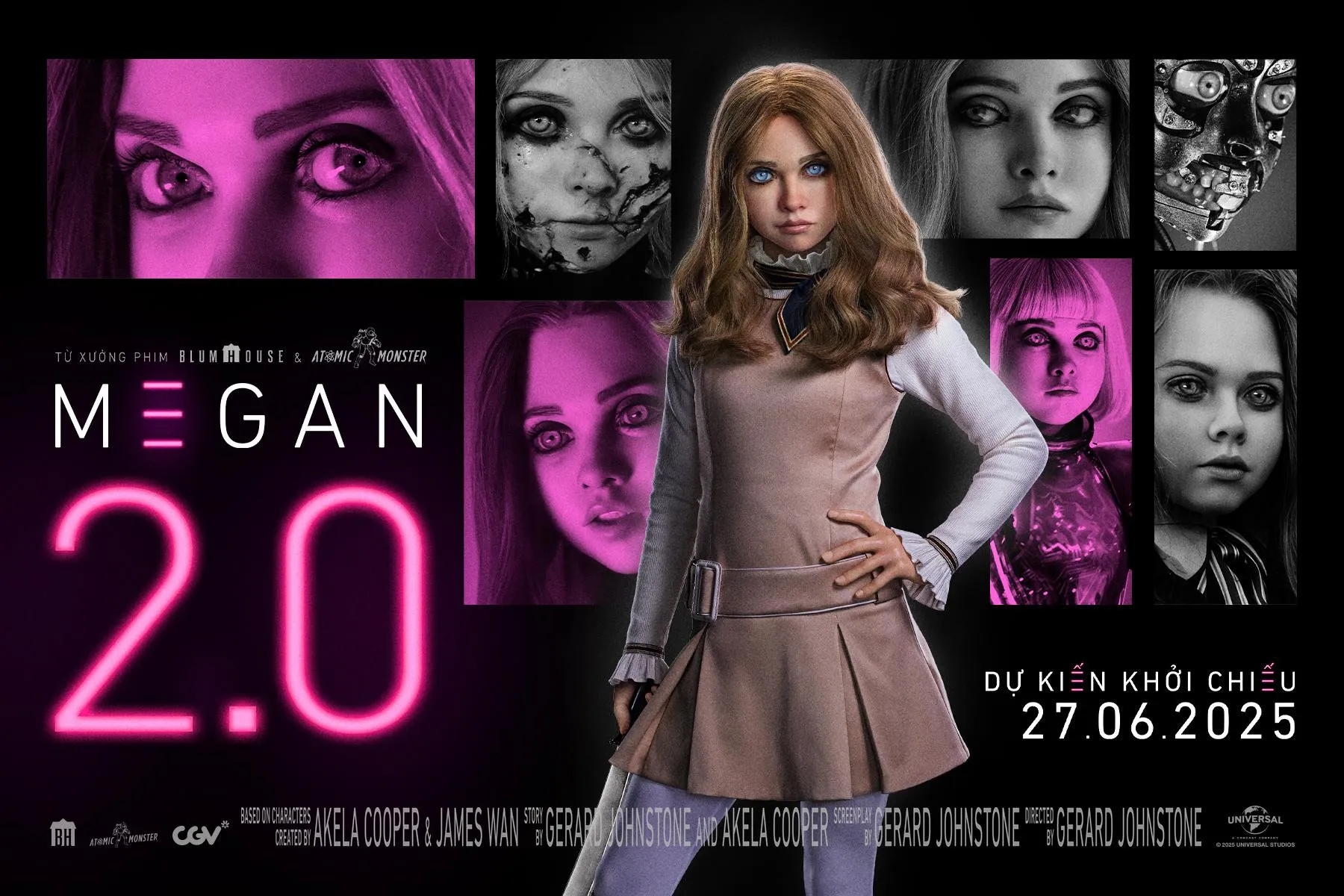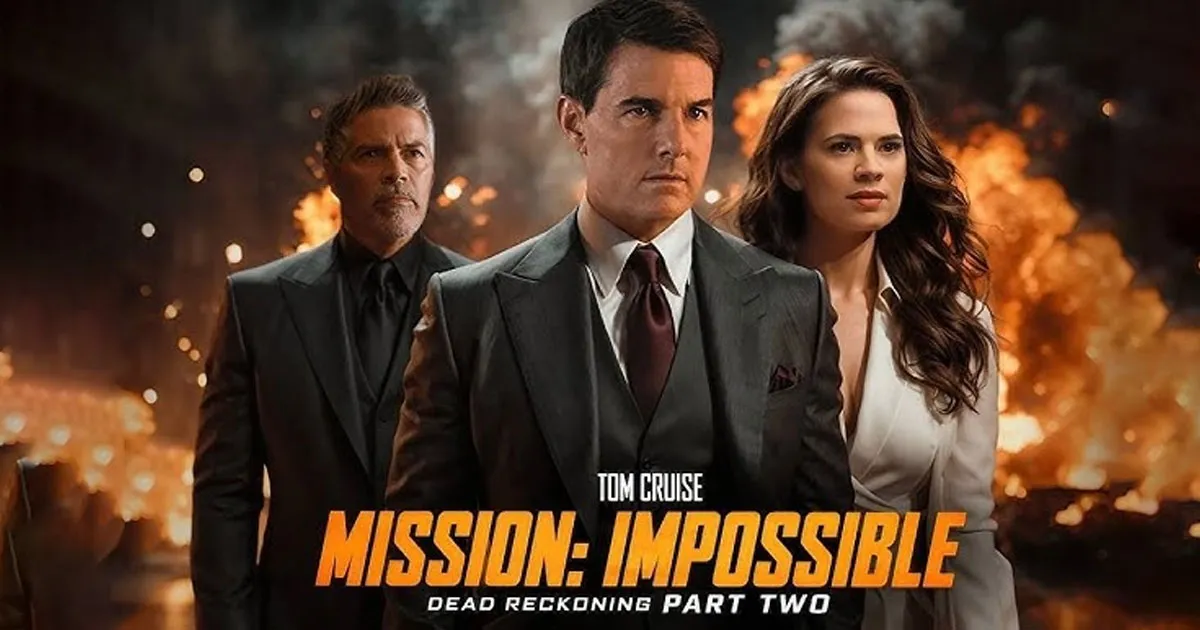In the decade since its quiet release in 2011, The Son of No One has largely remained buried under the rubble of forgettable crime thrillers. Directed by Dito Montiel and featuring a surprising ensemble—including Channing Tatum, Al Pacino, Ray Liotta, and Juliette Binoche—the film had all the components of a breakout success. And yet, it barely made a dent upon release. But as society increasingly reflects on issues of law enforcement, institutional cover-ups, and generational trauma, the movie has found a second life—and perhaps, an unexpected resonance.
Set in post-9/11 Queens, New York, the story follows rookie cop Jonathan “Milk” White (Channing Tatum) as he returns to patrol the neighborhood he grew up in—a place still scarred by poverty, drug crime, and urban decay. As Jonathan settles into his new role, anonymous letters begin surfacing, threatening to expose his darkest secret: as a boy, he killed two men in self-defense—men who were dangerous, predatory, and tied to local crime.
What was long thought buried re-emerges, forcing Jonathan to reckon with his past. His former mentor and now high-ranking officer, Detective Stanford (Al Pacino), encourages him to keep quiet. But as the bodies stack up and a local journalist (Juliette Binoche) begins connecting the dots, the truth becomes a threat—not just to Jonathan’s future, but to the entire system of law enforcement that covered up the crime to protect one of its own.
The deeper Jonathan digs, the more he discovers about the rot inside the institution he serves. With his marriage fraying and his mental health crumbling, he must choose between protecting the badge—or exposing the truth and facing ruin.

While The Son of No One initially struggled with critics, a more modern viewing offers surprising relevance. Its depiction of corrupt policing, systemic cover-ups, and the psychological toll of silence feels eerily prescient in today’s climate. The film doesn’t glorify its protagonist, but instead portrays him as a deeply damaged man, torn between childhood trauma and adult responsibility.
Channing Tatum, often known for lighter or action-oriented roles, gives a restrained and grounded performance. He’s not the macho enforcer—he’s haunted, confused, and visibly burdened by a life built on secrets. Al Pacino delivers his usual gravitas in a role that asks us to question the difference between mentorship and manipulation. Ray Liotta plays the volatile superior who embodies the film’s moral ambiguity—he's both protector and threat, loyal and dangerous.
Despite its intriguing premise, the film never quite sticks the landing. Its pacing is uneven, and some characters—particularly the journalist played by Binoche—are underdeveloped. The flashbacks, while necessary, often feel disjointed and disrupt the flow of the narrative.
Most notably, the film struggles with resolution. Rather than offering a cathartic climax, it ends in a murky standoff—ambiguous, unresolved, and perhaps intentionally unsatisfying. For some viewers, this feels like a cop-out. For others, it’s a realistic portrayal of how institutional truths are rarely cleanly exposed.

With renewed interest in the film’s themes, there’s been talk (and fan speculation) about what a sequel might look like. A potential follow-up—tentatively titled The Son of No One: Retribution—could pick up a decade later, with Jonathan now an ex-cop turned whistleblower, living off the grid.
When another set of murders emerge in the same neighborhood—eerily similar to the ones he once covered up—Jonathan is forced out of hiding. Is it a copycat? Or is someone finishing what he started?
The sequel could explore legacy, vengeance, and the dangerous consequences of buried truth. It would also be an opportunity to examine how police reform—or the lack thereof—has evolved in a post-2020 world.


-1751523398-q80.webp)
-1751100889-q80.webp)
